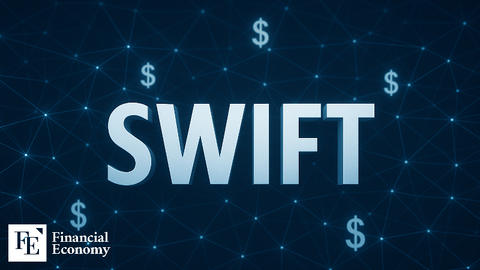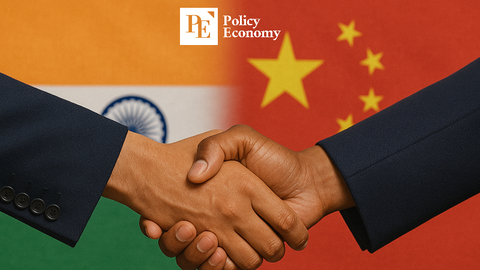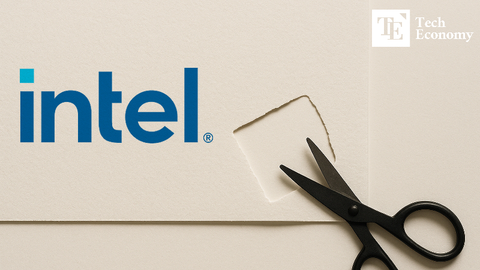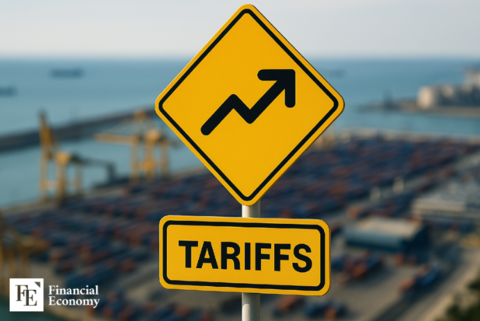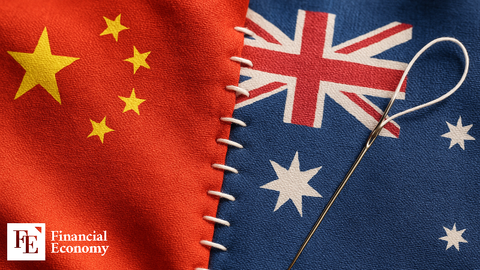Input
Changed
Scopely’s Bid to Become a Global Powerhouse A Surge in Video Game Mergers and Acquisitions A New Era of Gaming Giants: Cutting-Edge Technology and Market Dominance

Scopely’s Bid to Become a Global Powerhouse
The gaming industry is experiencing one of its most transformative eras, as major companies continue to consolidate power through mergers and acquisitions. The latest shake-up sees Pokémon GO, one of the most successful mobile games of all time, shifting to Scopely, a rising titan in the gaming world. With this move, Scopely positions itself as a major competitor to China’s gaming behemoths, setting the stage for a new era in the global mobile gaming landscape

A Surge in Video Game Mergers and Acquisitions
Scopely, known for its aggressive expansion strategy, has now taken a significant step by acquiring Pokémon GO. This move, in combination with its previous acquisitions and partnerships, strengthens its position in the mobile gaming industry. Pokémon GO’s leader, Ed Wu, has assured players that the transition will not disrupt the development team, and instead, the game will benefit from Scopely’s deep expertise in live operations, user engagement, and monetization strategies.
Pokémon GO has remained a dominant force in the mobile gaming industry since its launch in 2016, pioneering the augmented reality (AR) gaming segment. With millions of active users worldwide and billions in revenue, the game has proven to be more than a short-term trend. By adding Pokémon GO to its portfolio, Scopely secures a powerful asset that complements its existing lineup of mobile hits.
Scopely’s strategy is clear: to consolidate high-performing live service games and build a portfolio capable of rivaling the largest players in the global market. The acquisition of Pokémon GO places the company in direct competition with Chinese giants like Tencent and NetEase, which have long dominated the mobile gaming industry through strategic acquisitions, in-house game development, and extensive publishing networks. The move signals that Scopely is not just looking to expand—it’s looking to dominate.

A New Era of Gaming Giants: Cutting-Edge Technology and Market Dominance
Scopely’s acquisition of Pokémon GO is just one part of a much larger trend. The video game industry has seen a wave of mergers and acquisitions in 2024, signaling a market shift towards consolidation and economies of scale. According to the Q3 2024 Drake Star Global Gaming Report, the third quarter alone saw 56 M&A deals, totaling $2.5 billion in transactions—a staggering 70% increase from the previous year.
This trend is driven by the need for companies to remain competitive in a rapidly evolving market. Some of the most notable deals include Playtika’s $700 million purchase of SuperPlay, EQT’s acquisition of Keywords Studios, and the sale of Jagex to Carlyle. Each of these transactions demonstrates a clear pattern: gaming companies are seeking growth not just through organic expansion, but through strategic acquisitions that bolster their existing portfolios.
The logic behind this consolidation is simple—larger companies have more resources to develop, market, and sustain high-quality games. With development costs soaring and user acquisition becoming increasingly expensive, smaller studios struggle to survive independently. By merging with larger entities, these studios gain access to extensive networks, capital, and operational expertise, ensuring that their games remain relevant in an ever-changing market.
Beyond mere financial considerations, the gaming industry is also locked in a technological arms race. The modern gaming landscape demands more than just compelling gameplay—companies must invest in cutting-edge technologies like artificial intelligence, cloud gaming, and augmented reality to stay ahead. With increasing user expectations, developers must continually push the boundaries of what is possible in gaming experiences.
For instance, Pokémon GO was revolutionary in bringing AR gaming to the mainstream. Now, as Scopely takes over, the company has an opportunity to further evolve the game using advanced AI, improved AR capabilities, and deeper integration with other digital ecosystems. But this kind of innovation requires significant resources, and only the largest companies can afford to invest heavily in research and development.
This is why economies of scale have become a natural consequence in the gaming industry. The cost of building and maintaining high-quality live service games is rising exponentially. As a result, smaller studios find it increasingly difficult to compete with industry giants who have the financial muscle to develop, market, and sustain cutting-edge gaming experiences. Consolidation allows companies to pool resources, reduce operational redundancies, and focus on long-term innovation rather than short-term survival.
The acquisition of Pokémon GO by Scopely marks a turning point in the mobile gaming industry. With this move, Scopely cements itself as a major player on the global stage, capable of competing with the biggest names in the industry. At the same time, the broader trend of mergers and acquisitions highlights a growing shift toward consolidation, where only the strongest and most adaptable companies will thrive.
As gaming technology continues to evolve, companies must leverage economies of scale to remain competitive. The future of gaming will not be determined solely by creativity and innovation, but by the ability of companies to harness vast resources, cutting-edge technology, and strategic partnerships. In this high-stakes industry, survival increasingly depends on growth—and for many, that means joining forces with a larger, more powerful entity.
With these shifts underway, the global gaming landscape is poised for yet another transformation, and Scopely’s latest acquisition may be just the beginning of an even larger battle for dominance.

